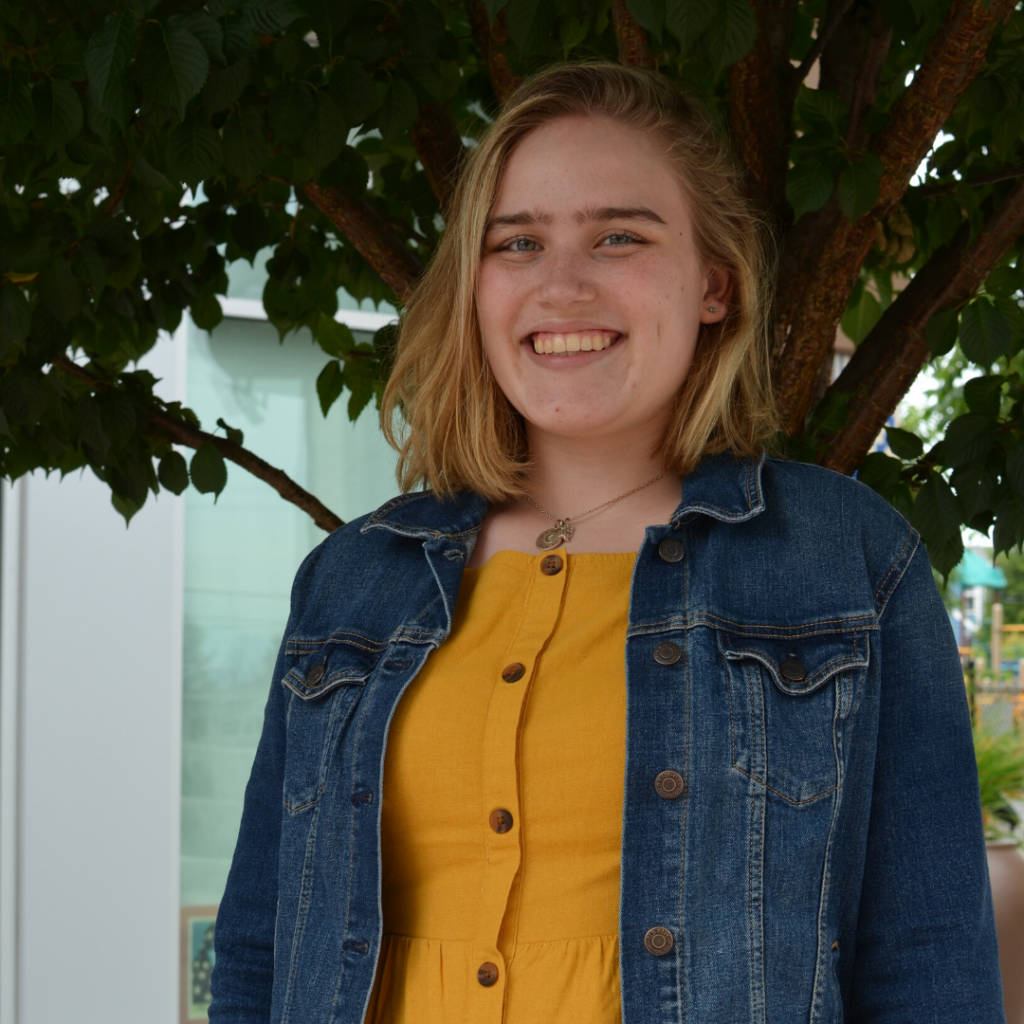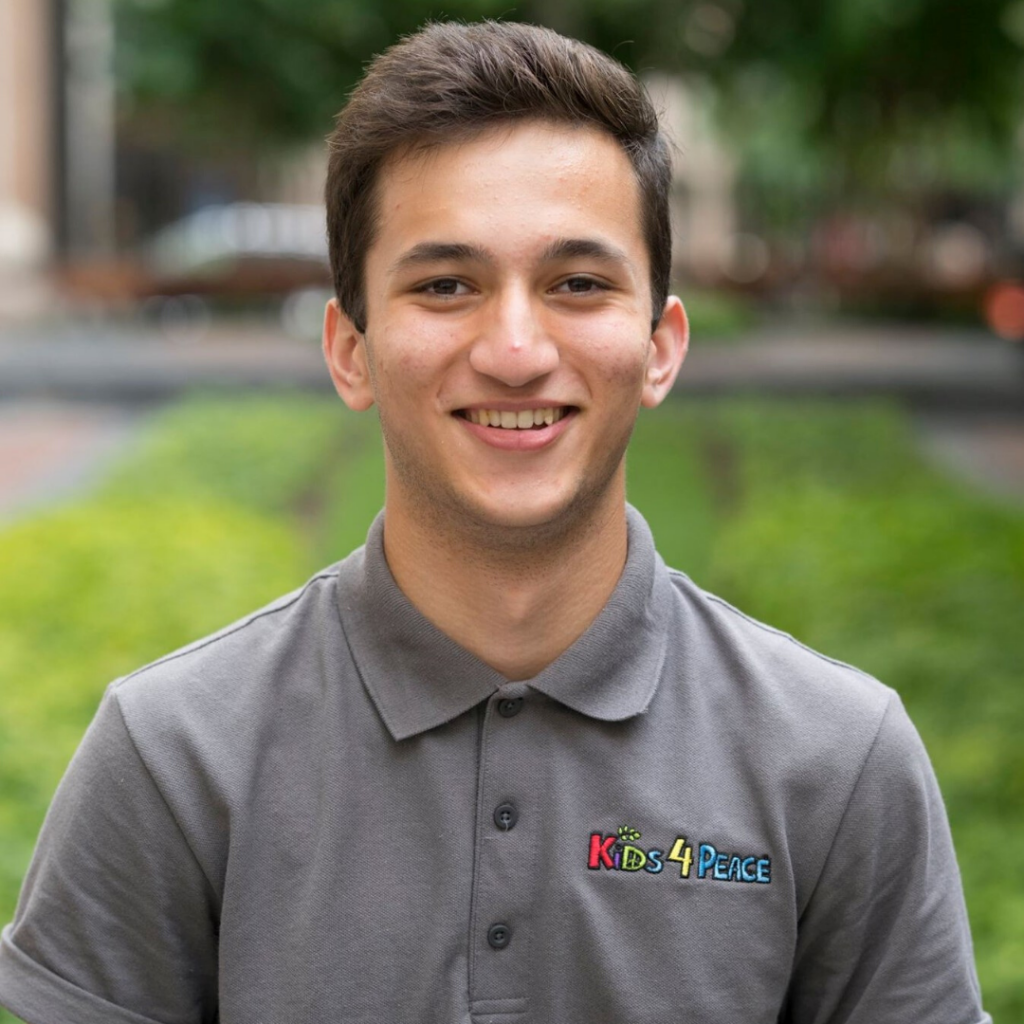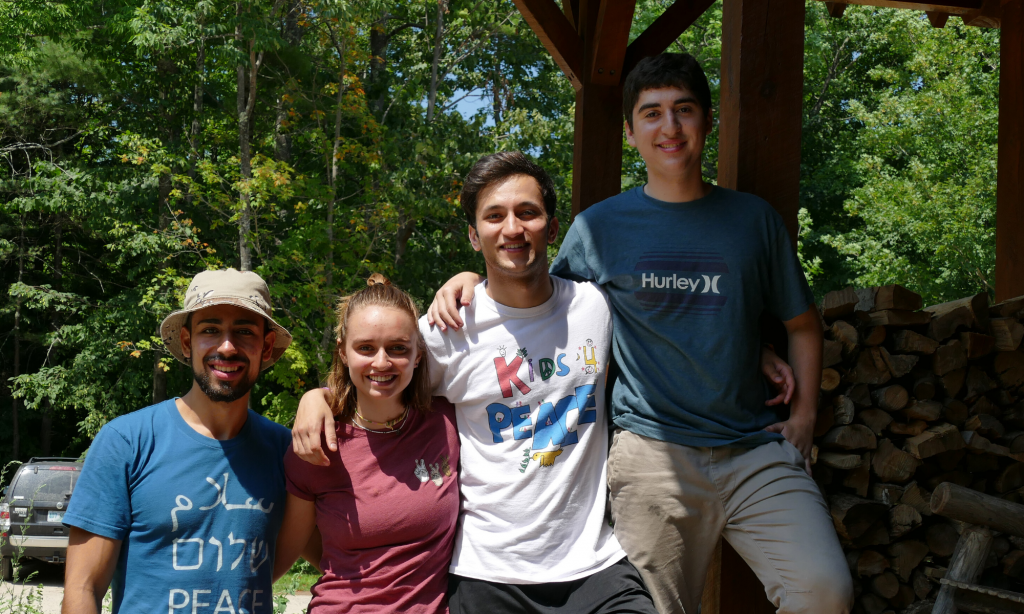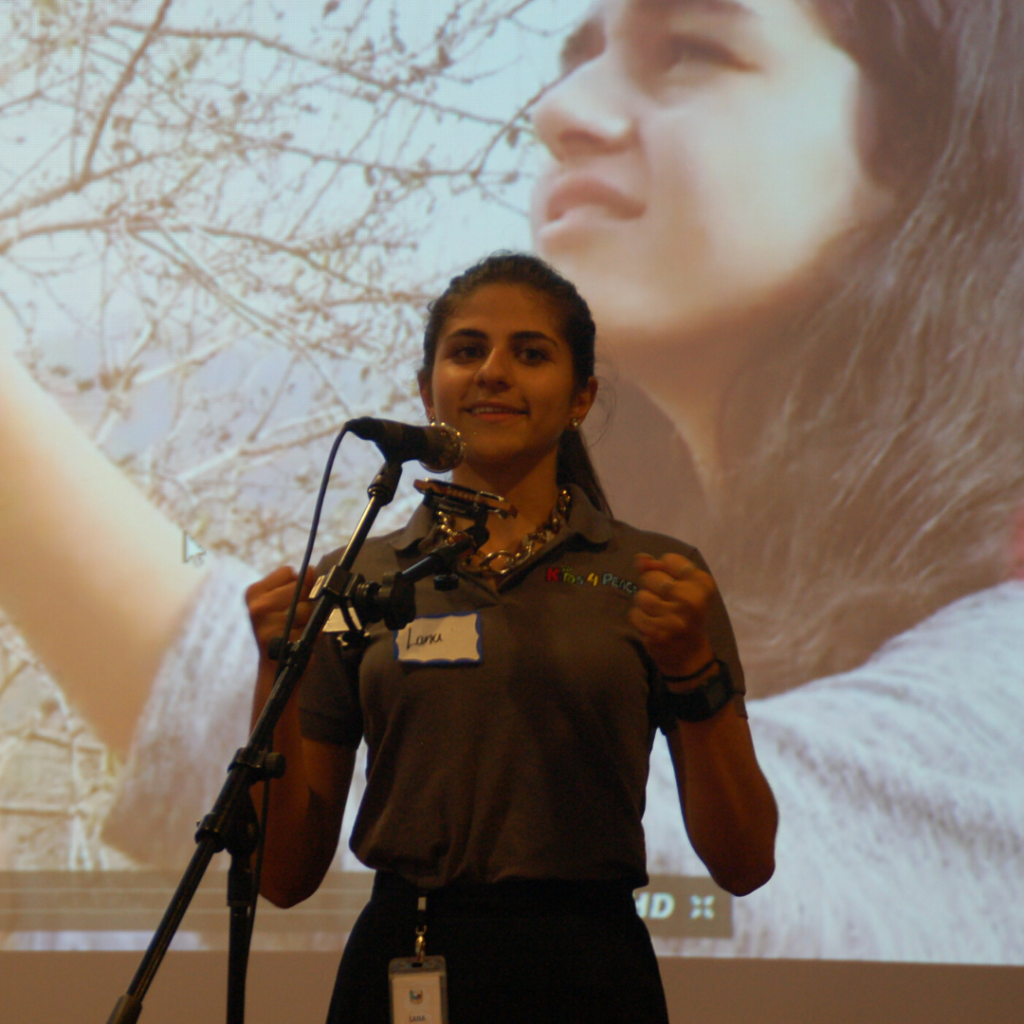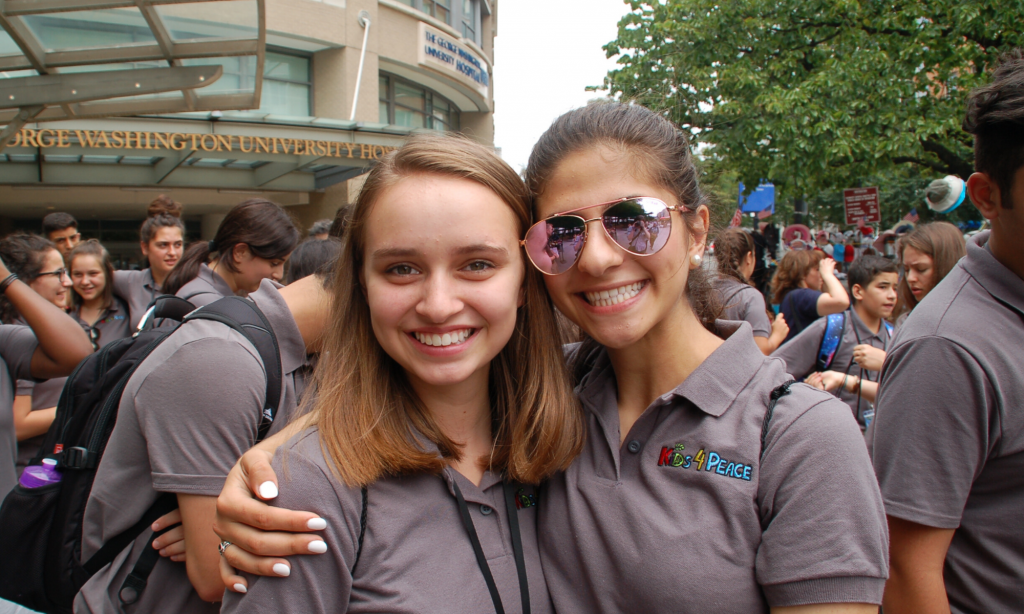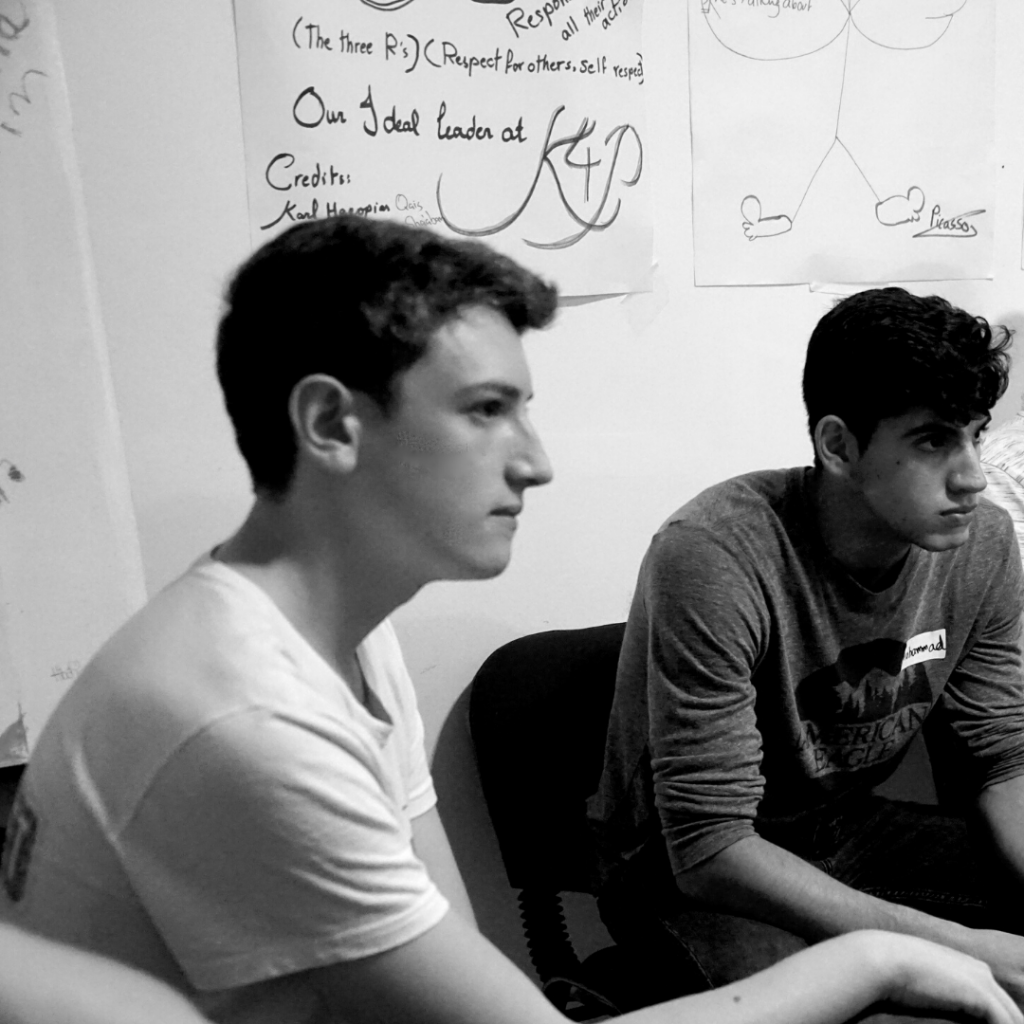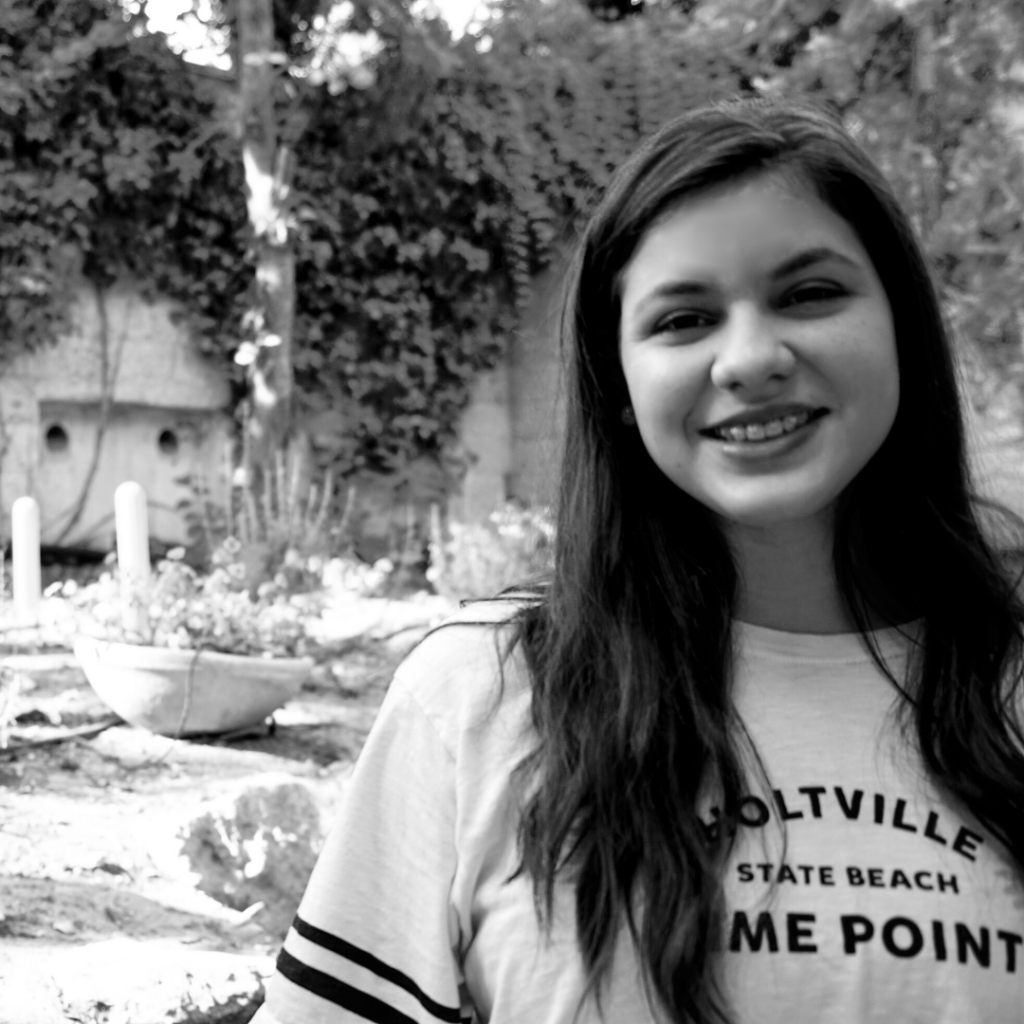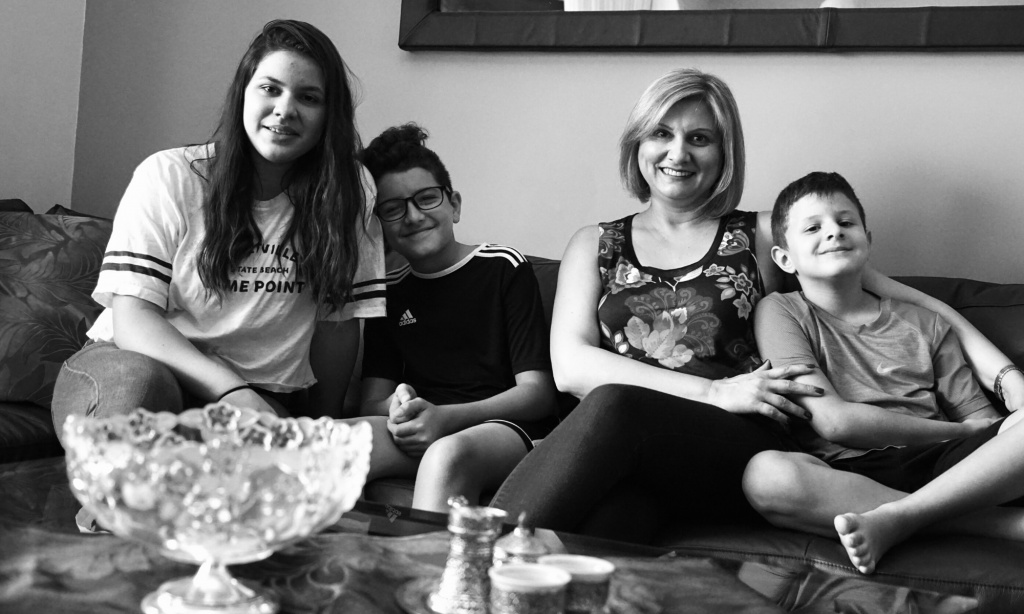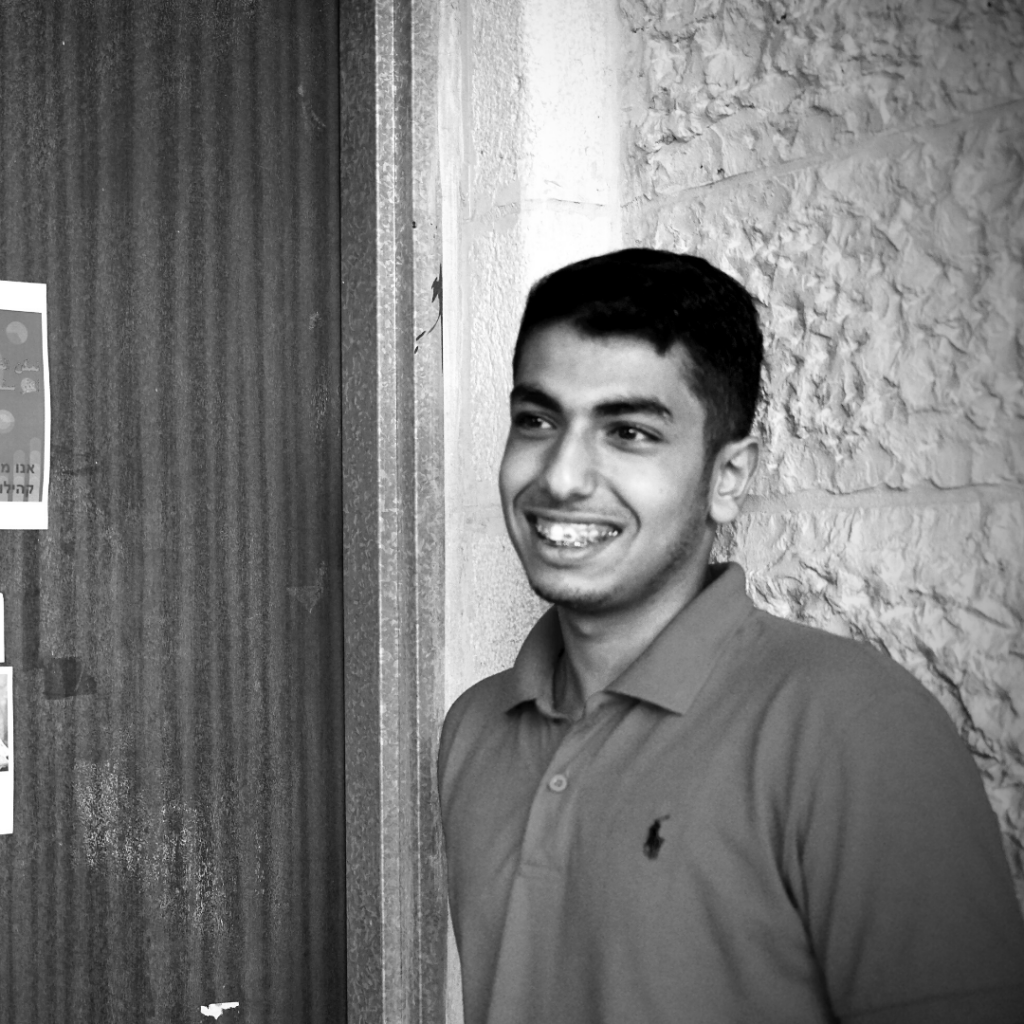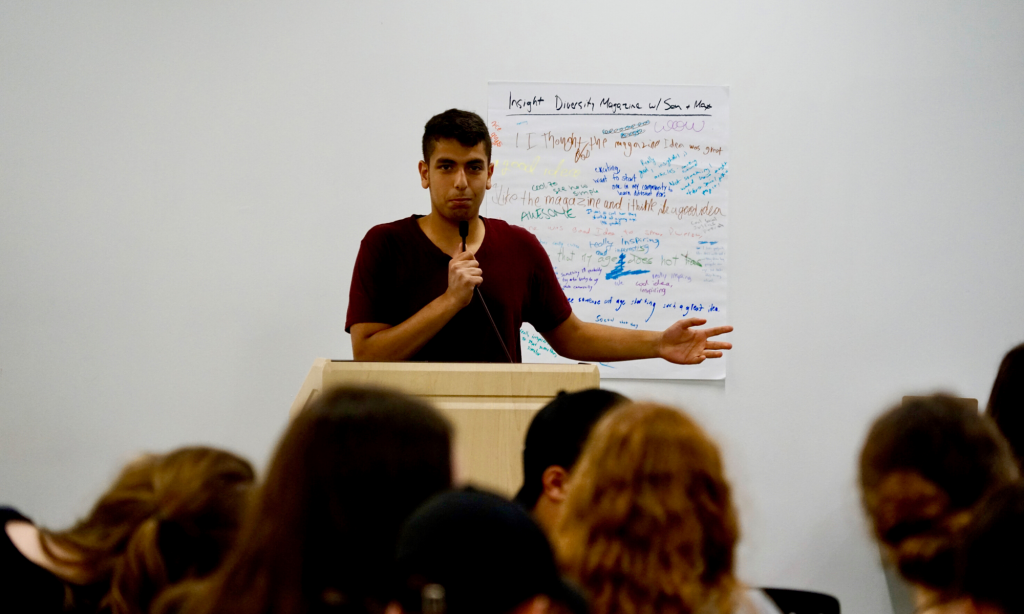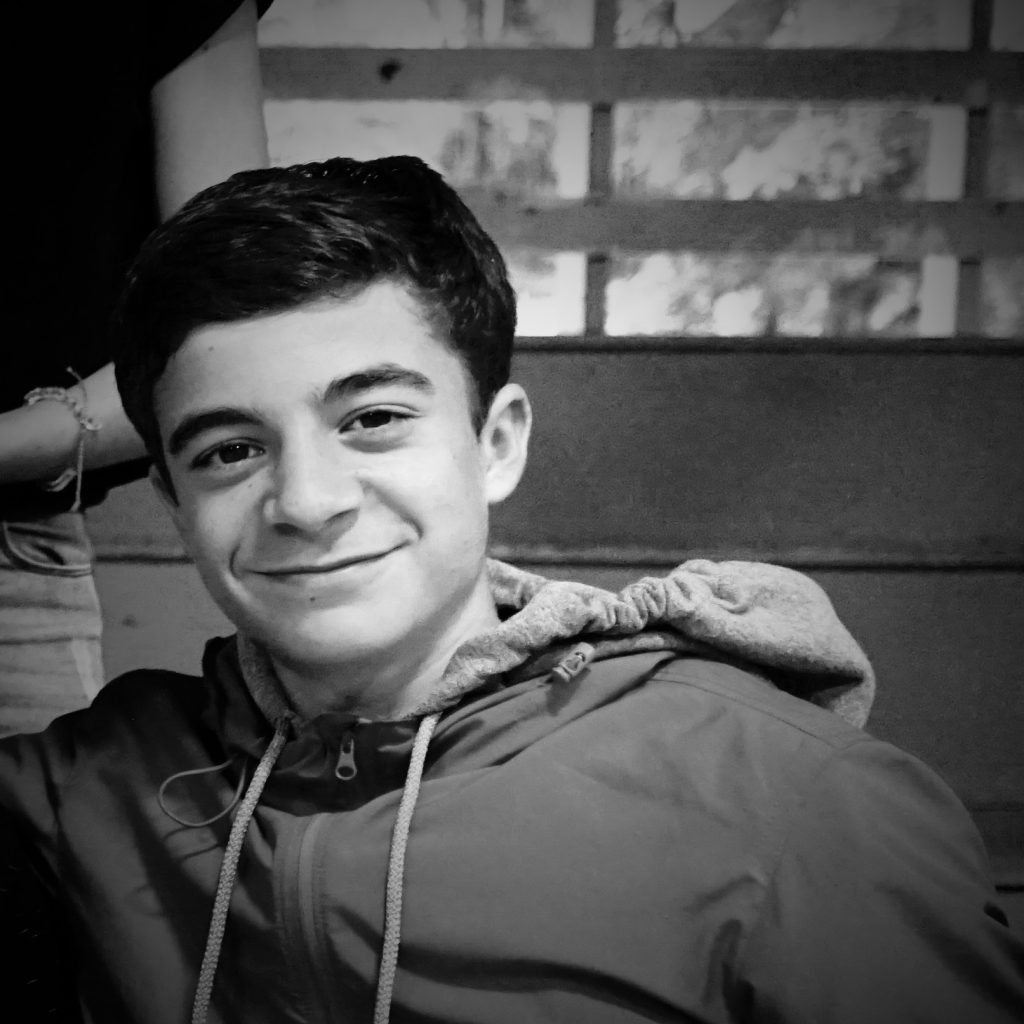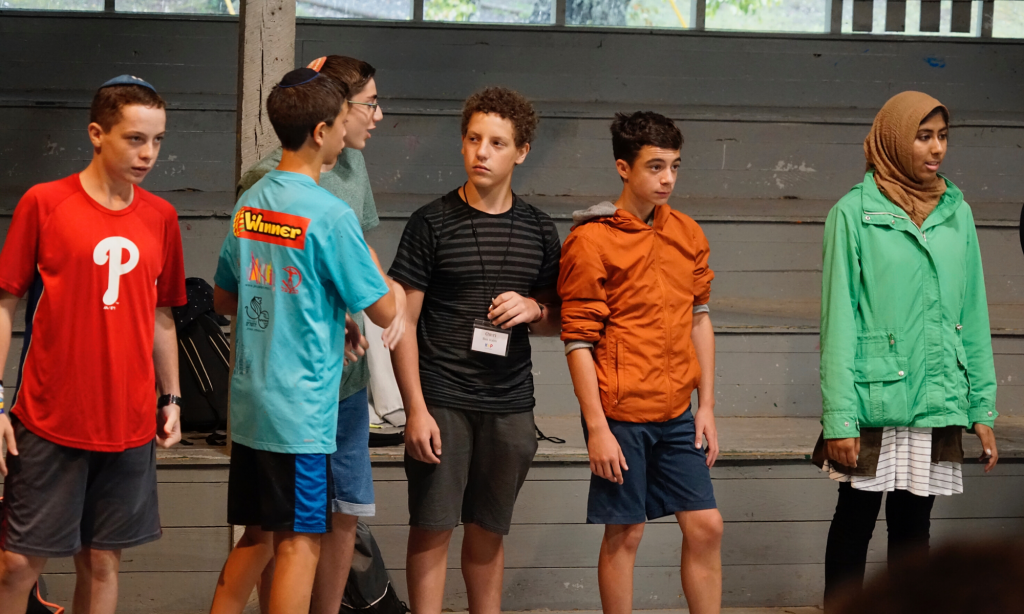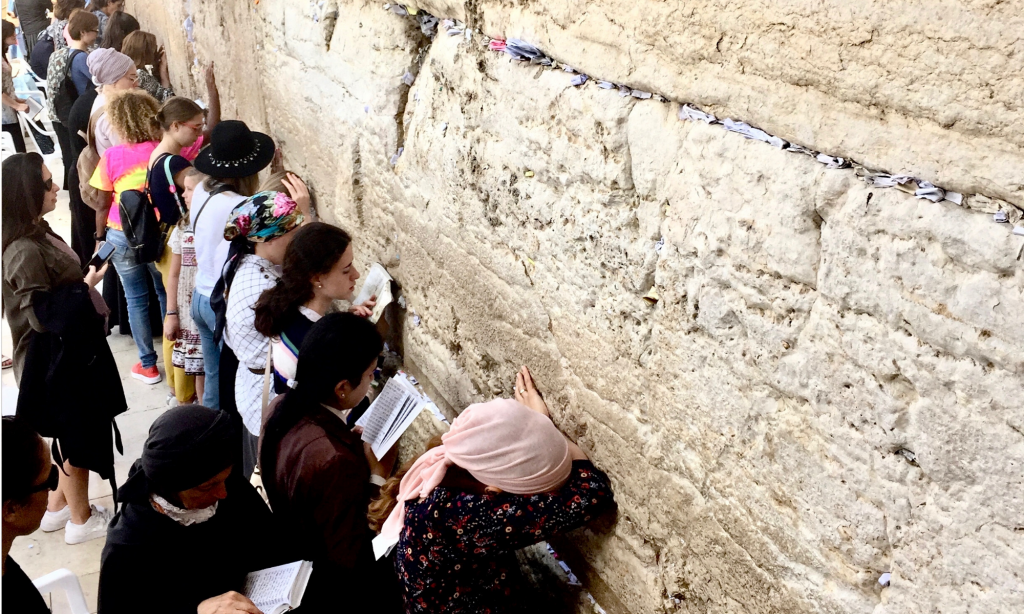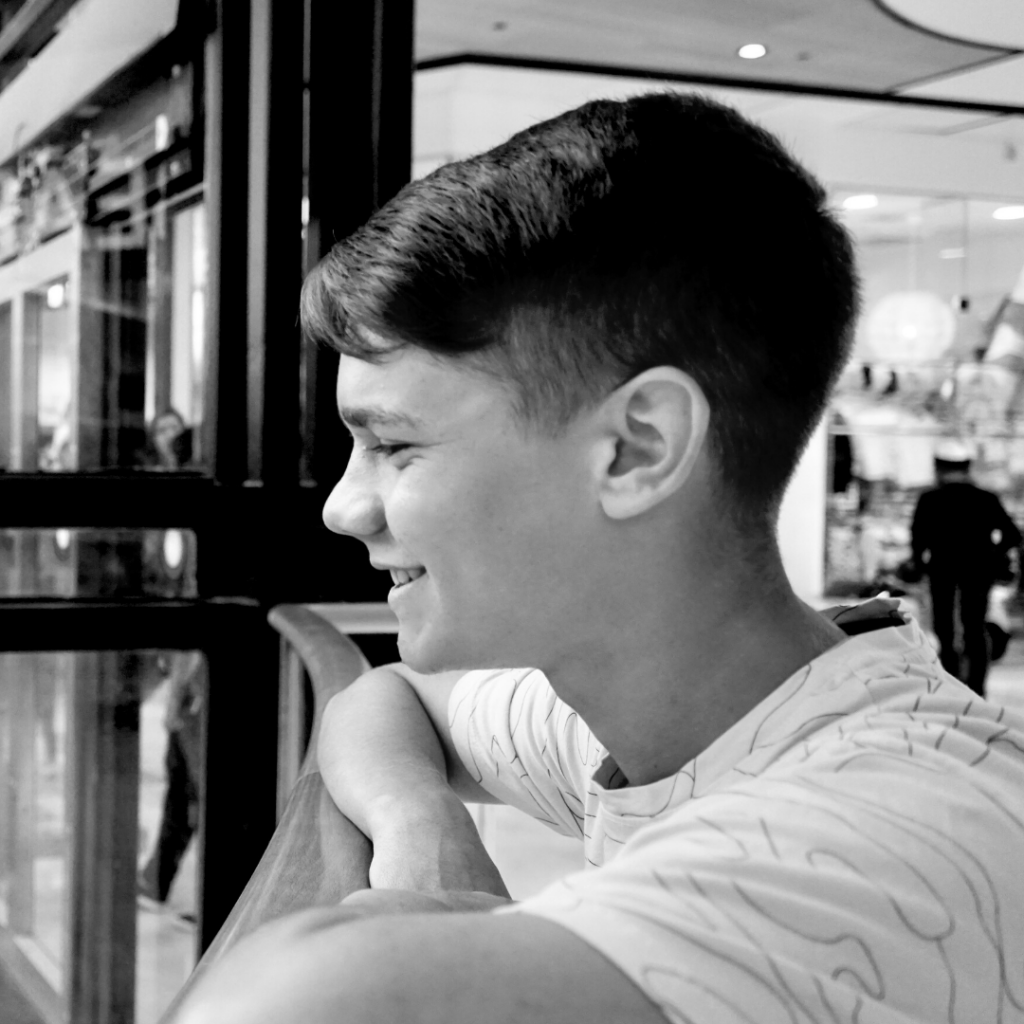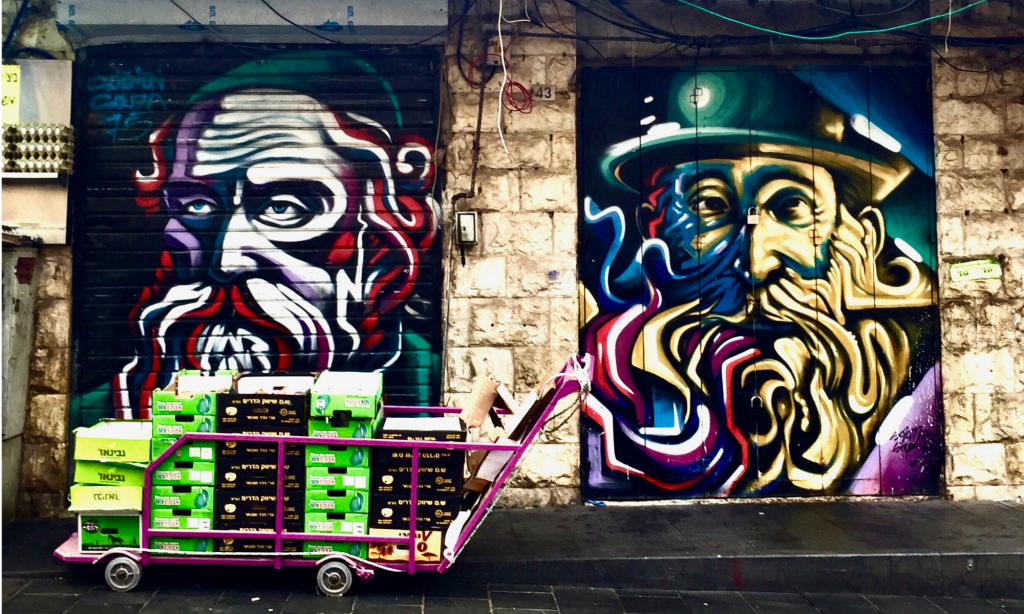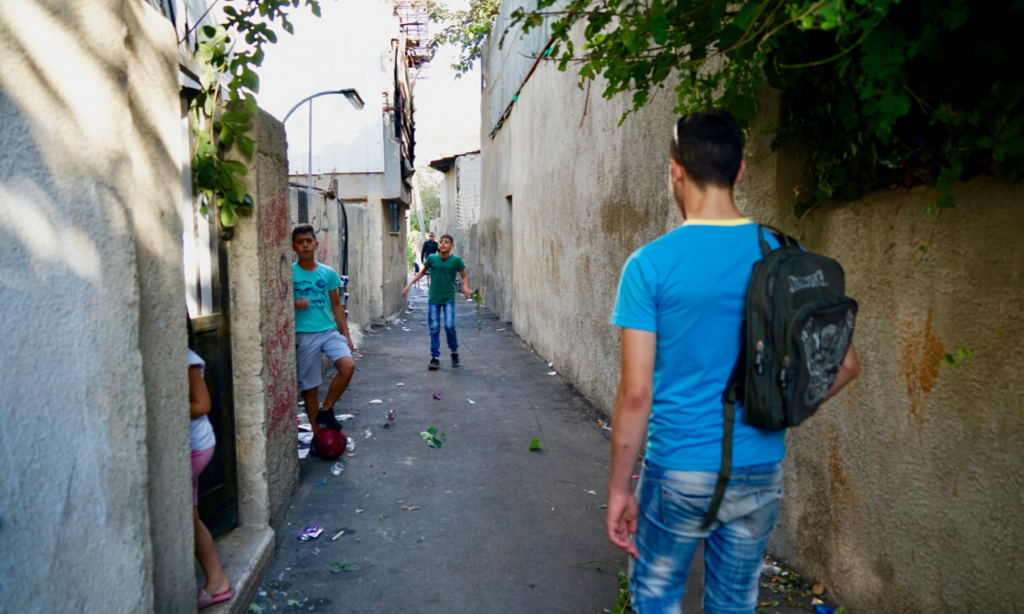
Dear Kids4Peace Community,
Since we began in Jerusalem in 2002, Kids4Peace has brought together youth from different religions and cultures around the world, in camps and year-round programs, to develop respect, understanding, and the skills to work toward a more peaceful world.
As we enter our 20th year, I’m excited to share news about the next steps for Kids4Peace.
Later this fall, Kids4Peace will become a program of Seeds of Peace, another leading organization in our field, and I will take up a permanent full-time role as Executive Director at Seeds of Peace. The boards of both Seeds of Peace and Kids4Peace International have taken the first steps in bringing the organizations together, and we will share more details in the coming weeks.
Seeds of Peace was founded about 10 years before Kids4Peace, with a camp in Maine for Israeli, Palestinian, and Egyptian youth. Today, Seeds also has strong year-round programs in the Middle East and the United States, as well as Europe and South Asia.
After six months splitting my time between the two Executive Director roles at Kids4Peace and Seeds of Peace, I am thrilled about the opportunities ahead. During these past few months, I’ve seen the huge potential that would come from joining forces.
Kids4Peace and Seeds of Peace each have unique strengths and capabilities, and we can significantly increase our impact by working together. In addition to aligning our programs, we will consolidate administrative functions, which will help us operate more efficiently and scale our work around the world.
Through this integration, we are committed to maintaining the unique character of our work:
- Kids4Peace will retain its name and identity, as a program for younger youth, with a strong interfaith and intercultural focus.
- We will continue to have year-round and summer programs in all the places where we work, which will be led by many of our current staff, volunteers, and youth counselors.
- We will maintain a distinct program and community in Jerusalem, with a focus on creating relationships among Israelis & Palestinians from all parts of the city. Our chapters in the USA and Europe will be able to continue operating as they have been, under existing affiliation agreements and operating plans.
- Several members of the Kids4Peace Board will join the Seeds of Peace Board.
While our organizational structure will shift, our mission remains the same – empowering youth to create more peaceful communities.
The board of directors of Kids4Peace believes this is the right move independent of the current world COVID-19 situation. The board has been exploring this opportunity since January, and has conducted a thoughtful process, looking at how we best serve our youth and our communities, and strengthen and grow our programs. Our combination sends a strong message to donors and to others in the field that the combined organization has stability, economies of scale, vision, ambition, and the ability to deliver excellent programs to serve our youth and their communities.

For now, all of the fall Kids4Peace programs will continue as planned. Stay tuned for a schedule of virtual meetings. We hope to resume in-person activities later this year, when it’s safe to do so again.
Looking ahead, we plan to bring back and expand the Global Institute in Washington, DC, and travel seminars (like last year’s trip to Belfast). Kids4Peace youth will be eligible to join additional Seeds of Peace programs, including the Camp in Maine. And we’ll work together to build a high school program that combines the best of both organizations, including our focus on youth-led advocacy and community involvement.
Especially in this moment, it is critical for peacebuilding organizations to work in the most effective way possible – to transform individual lives as well as the communities where we work. Our world is crying out for justice, freedom and peace. This integration of Seeds of Peace and Kids4Peace will allow us to be a bold, creative leader in our field, with the capacity to achieve large-scale impact.
We have achieved so much over these last 19 years, since the first twelve Kids4Peace youth made the courageous decision to meet each other and dream of a better future.
As we take this next step together, I invite you to gather with the Kids4Peace community around the world – youth, parents, alumni, volunteers, supporters and friends – for a special Virtual Celebration on Sunday, September 13th at 1pm Eastern / 8pm Jerusalem. We’ll share stories, memories, and hopes as we look back and ahead.
We know that together, peace is possible. Thank you for being part of the Kids4Peace community, and for joining us in this next chapter of our journey toward a more just and peaceful world.
In Peace,![]()
Fr. Josh Thomas, Executive Director
